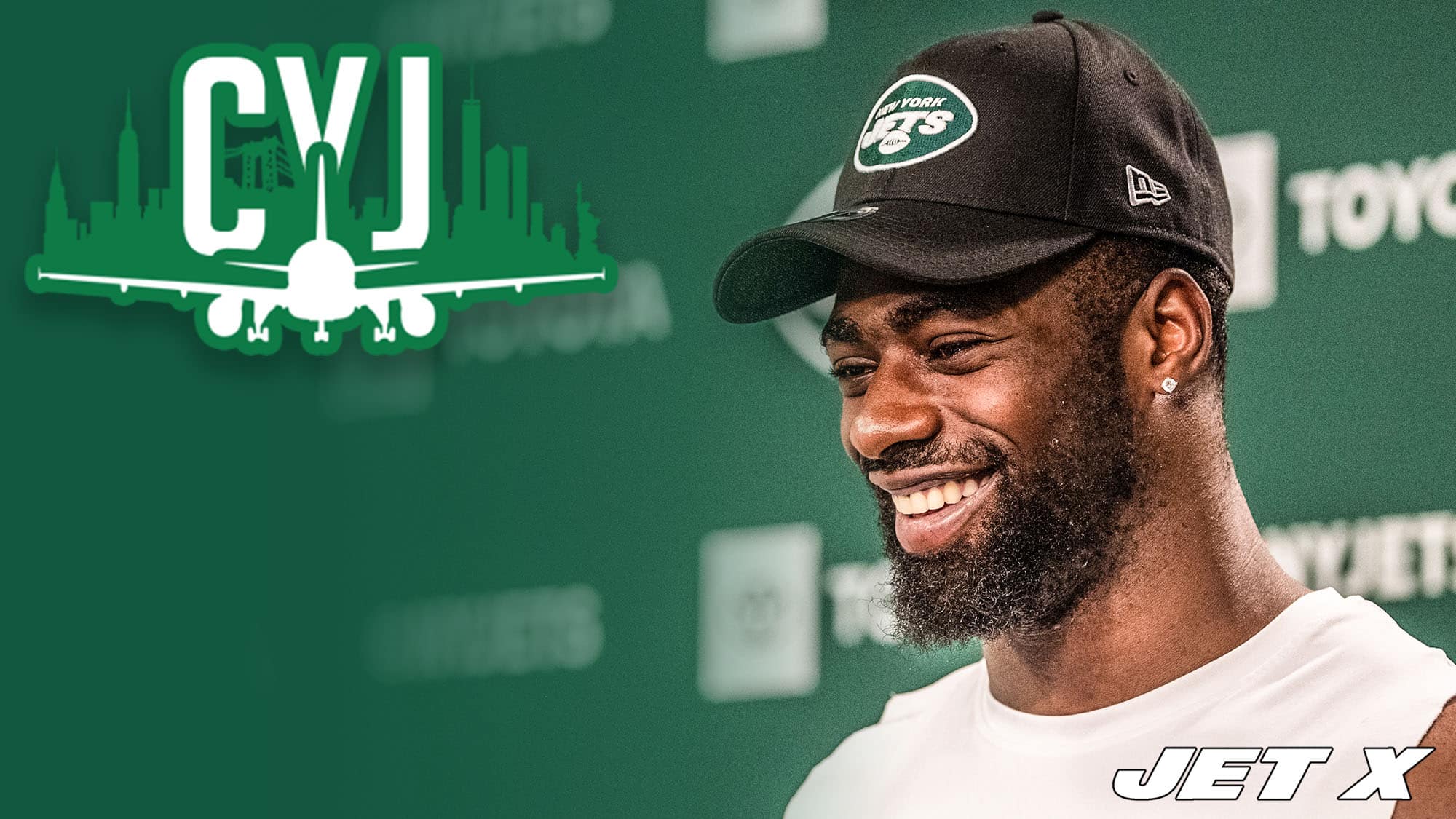Could Joe Douglas and the NY Jets‘ decision not to extend safety Marcus Maye come back to haunt them down the line?
Marcus Maye is coming off of a season in which he started all 16 games, was regarded as a top-five safety, and continued to establish his reputation as one of the most respected leaders in the New York Jets locker room.
Yet, the team elected not to meet his demands on a long-term deal, making the choice to have him play out the 2021 season on the franchise tag.
Could Joe Douglas and the Jets regret this decision down the line?
Cool Your Jets podcast episode
There are arguments for both sides in this debate. For Maye, he has every right to fight for a top-five contract at the safety position. His production (especially considering that it is better than some of the position’s richest players) suggests that he absolutely deserves it.
From the Jets’ perspective, they have every right to maximize the team-friendly tool that the league has given them, the franchise tag.
Maye is 28 years old and will be playing in a new defensive scheme this year. It is also worth noting that he is coming off of a career year of production that significantly beat out his performance in any prior season – and that an unusually high number of lucky breaks in coverage may have bloated his production to a slightly overrated level.
There is no guarantee that the Jets will get their money’s worth by signing Maye to a lucrative long-term deal that carries him into his 30s as he enters a scheme he has not played in yet. So, why not just take a year to see how things go and revisit contract discussions next offseason? The franchise tag affords a team the luxury to do this.
The downside of this approach is the potential message sent to the locker room. Robert Saleh famously said the following in his opening press conference as the Jets head coach:
“I believe coaches and players are in this thing together . . . Players want two things from a coach. First: They want to know you care about their well-being. As a coach, you make a personal investment in people. And two: Can you help them make enough plays on Sundays for them to get paid as much as possible.”
Playing hardball with one of the team’s best players and leaders certainly does align with that promise. Sure, everyone in the league knows that the NFL is a business first-and-foremost, but there certainly is a little bit of risk involved here when it comes to the trust between players, the coaching staff, and the front office.
Maye is just one of many questions
Maye’s situation is far from the only question mark in the Jets’ secondary. Both the safety unit and the cornerback unit are filled to the brim with uncertainty.
The Jets’ cornerback depth chart is extremely inexperienced and lacking in high-end talent. There is no player in the group who was selected earlier in the fifth round, and its most experienced player is Bless Austin with 16 starts.
Who ends up starting at cornerback? Bryce Hall seems to be the only shoo-in starter, but is even that a guarantee? Perhaps Hall is not a lock to start like many have assumed he is.
If Hall is indeed on his way to a starting role, it appears that the primary players competing to start on the opposite side of the field will be Austin, Jason Pinnock, Isaiah Dunn, and Lamar Jackson.
In the slot, it will be fifth-round rookie Michael Carter II against second-year undrafted free agent Javelin Guidry.
And where does sixth-round pick Brandin Echols fit in? His size suggests he is a slot man, but he played the majority of his reps on the outside at Kentucky.
Back at the safety position, second-year man Ashtyn Davis‘ role is up in the air. If Maye and Lamarcus Joyner are the starters, are there any snaps available for Davis at all?
Cool Your Jets video episode
On the latest episode of the Cool Your Jets podcast, Ben Blessington and Michael Nania break down every player in the Jets’ crowded and youthful defensive backfield to paint a picture of how things could play out – and whether there is any chance at all that the Jets could avoid a season of major struggles in the secondary.




